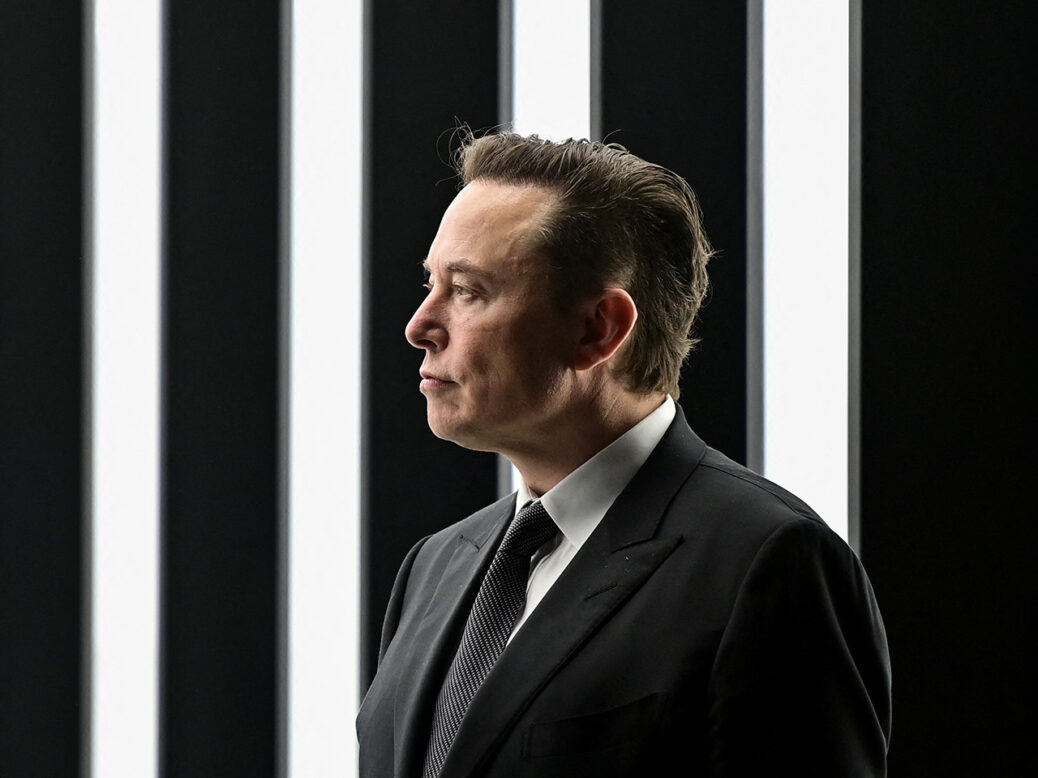
Days before Elon Musk publicly launched his bid for Twitter, but a week after we now know he had taken an initial stake in the social media platform, the Tesla CEO posed a question to his millions of followers on the platform. “Given that Twitter serves as the de facto public town square, failing to adhere to free speech principles fundamentally undermines democracy,” he wrote. “What should be done?”
It was one of Musk’s opening gambits in a protracted, tricky takeover that ended up with him running the site – some would say into the ground. But the episode hit on a big truth: Twitter, and other social media platforms like it, have a public utility at odds with their private ownership.
The actual utility of that town square is being stress-tested beyond breaking point. This week there was a 90-minute period in which the platform functionally failed for users across the world. It isn’t the first time it’s happened, and it won’t be the last. It was reported to be a rudimentary error, thought to be caused by short-staffing brought on by Musk’s drastic cost-cutting measures. Like a Silicon Valley Mike Ashley, Musk is seeking efficiency at all costs.
[See also: Can Linda Yaccarino save Twitter?]
For most users the Twitter outage was a mild irk: for 90 minutes, they couldn’t share with the world their most banal thoughts. But for others it was a matter of life and death. Turks and Syrians, trapped under the rubble of their homes after the devastating earthquake, had used Twitter and other social media platforms to broadcast their pleas for help. Twitter did face external issues that affected its availability – such as the Turkish government‘s restriction of access, which some have speculated was because of the criticism its response to the disaster was receiving on the platform. But the platform’s own mismanagement was also partly the reason for some of the downtime, too.
Every minute of the “de facto public square”, as Musk describes it, matters. When Twitter doesn’t work the way it should it has profound impacts on society.
For the best part of two decades we’ve had an implicit social contract with the entrepreneurs that run our tech giants. They’re given vast power over our digital lives, and the ability to make billions from our data, in exchange for meeting their responsibilities. They don’t always do so, but few have failed as uniquely as Musk has.
This week he allegedly fired an engineer for telling him that his dwindling engagement stats on Twitter weren’t due to software bugs, but possibly because people are losing interest in him. Meanwhile, he has been forced, because of further short-staffing issues, to limit the updating of code except in huge chunks, rather than regular, small tweaks. That means the site is in what one former employee called “a death spiral”.
There’s a real sense that Nero is fiddling while Rome burns. Twitter has long had an important role in our lives, as those in the Middle East who lived through the Arab Spring more than a decade ago know all too well. It shouldn’t be run so badly – and so capriciously at that.
[See also: Elon Musk was never really the world’s richest man]





